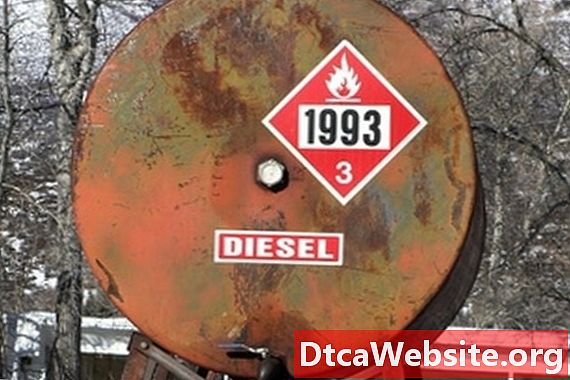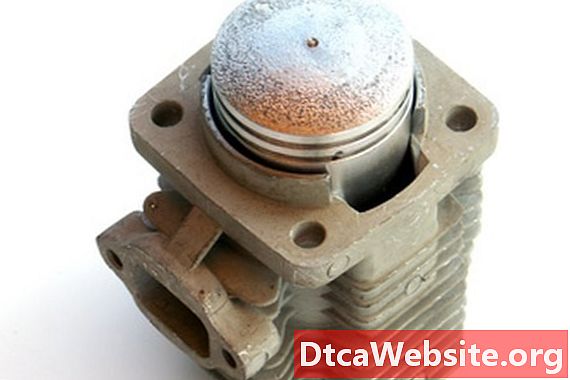
Contenu
Radiator hoses are key components of an engines cooling system. Moving the coolant through the engine properly plays a crucial role in protecting the engine. Though few car owners think about checking their radiator hoses the same way they would their oil, monitoring and replacing radiator hoses on a regular schedule can prevent more significant damage.
Excessive Pressure
Coolant systems are designed to operate under pressure. The pressure moves the coolant through the engine and cycles it through the radiator. The cap of the radiator helps maintain the pressure. A cap that creates too much pressure in the coolant system could result in the swelling of radiator hoses. Excessive pressure in the system will cause wear on the entire system, and radiator hoses will swell and eventually break if you do not resolve the problem.
Wear
Radiator hoses are under constant pressure. Because of the flow of (https://itstillruns.com/what-is-engine-coolant-13579658.html) through the hoses from the engine to the radiator, the hoses wear from the inside out. The outside of a radiator hose may appear fine while the inside of the hose has worn away. A radiator hose that has lost the inner layer of rubber will begin to swell in areas where its wall has become weak. In these cases, replace the hose right away.
Overheating
When an engine overheats, it creates a chain of events. During the overheating, the engine will create hot spots inside the combustion chamber, which will result in erratic combustion. This combustion will continue to raise the heat of the engine, which can in turn cause the head gasket to break. The blown head gasket will allow coolant to leak, and the coolant may reach the boiling point. When coolant near boiling passes through worn old radiator hoses, it increases the pressure in the radiator and in the hoses that connect it to the engine. Radiator hoses are designed to handle a specific amount of pressure; if that pressure increases to an excessive level, the hose will begin to swell and could burst.


